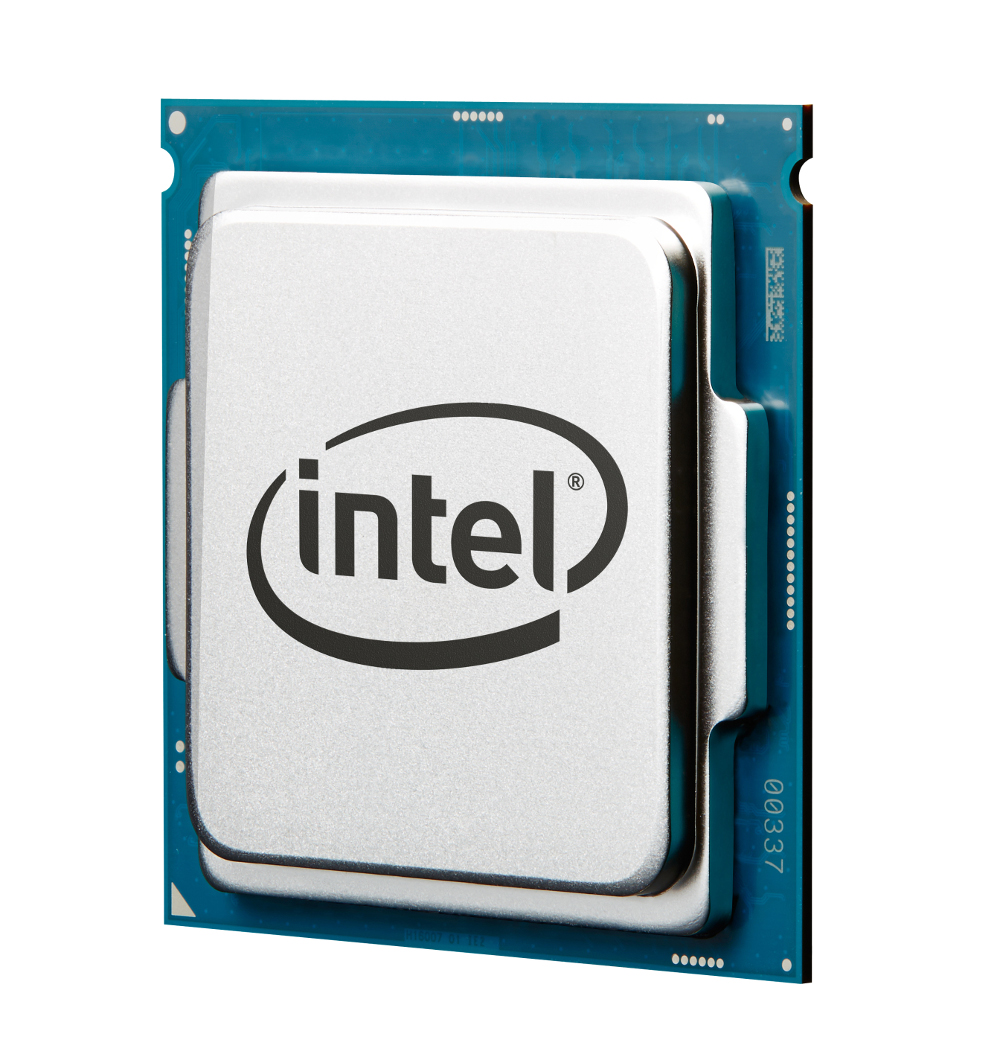

A major flaw in the hyper-threading capabilities of Intel’s Kaby Lake and Skylake central processing units (CPU) could destabilise the processors and lead to data loss and system crashes.
The flaw was discovered and reported by developers of Linux-based operating system Debian, who noted it has the potential to wreak havoc for Windows based systems as well.
However, the Debian developers uncovered what is called an errata flaw, an error in a CPUs hardwired logic, which has the potential to destabilise Intel’s six and seventh generation processors and throw-up unpredictable behaviour.
“Under complex micro-architectural conditions, short loops of less than 64 instructions that use AH, BH, CH or DH registers as well as their corresponding wider register (e.g. RAX, EAX or AX for AH) may cause unpredictable system behaviour. This can only happen when both logical processors on the same physical processor are active,” Intel’s documentation on the errata explained.
There are two ways to avoid running into the error, the first being the obvious route of disabling Hyper-Threading; an inelegant solution to the problem especially if users of affected Intel CPUs make regular use of the performance enhancing feature.
The second option is to wait for the vendor of the motherboard being used with the CPU to roll out a new version of the Unified Extensible Firmware Interface (UEFI) or BIOS that provides a fix for the errata. The latter option may not be ideal as users are at the mercy of the motherboard vendors update plans.
For Intel the discovery of such a flaw comes at a time when AMD is pushing out new CPUs for both data centre use and for the consumer and power-user PC market, and Intel has just showcased it 18 core Core i9 processor; the discovery of a Hyper-Threading flaw could cause people to loose a healthy dose of confidence in the CPU giant.
American space agency prepares for testing of Boeing's Starliner, to ensure it has two space…
As UK and Europe develop closer military ties, European Commission says it will invest €1.3…
Zuckerberg seeks to revive Facebook's original spirit, as Meta launches Facebook Friends tab, so users…
Notable development for Meta, after appeal against 2021 WhatsApp privacy fine is backed by advisor…
First sign of shake-up under new CEO Lip-Bu Tan? Three Intel board members confirm they…
Trump's nominee for SEC Chairman, Paul Atkins, has pledged a “rational, coherent, and principled approach”…